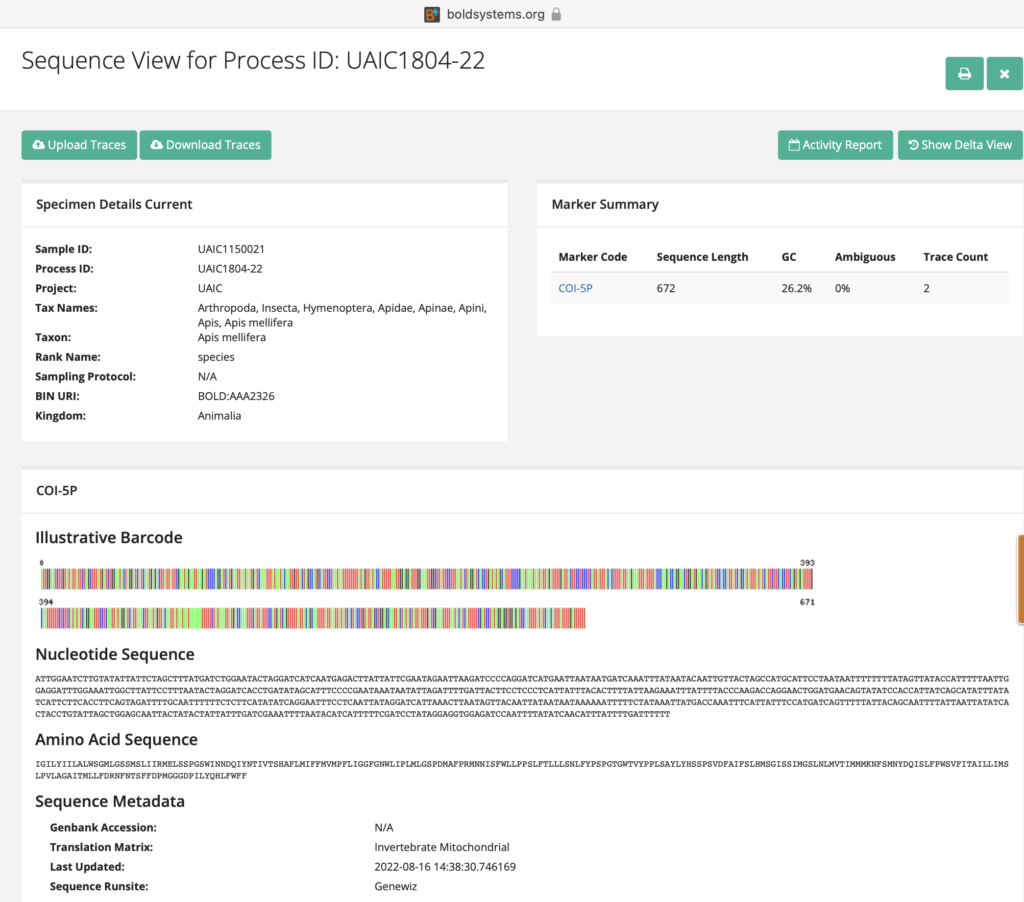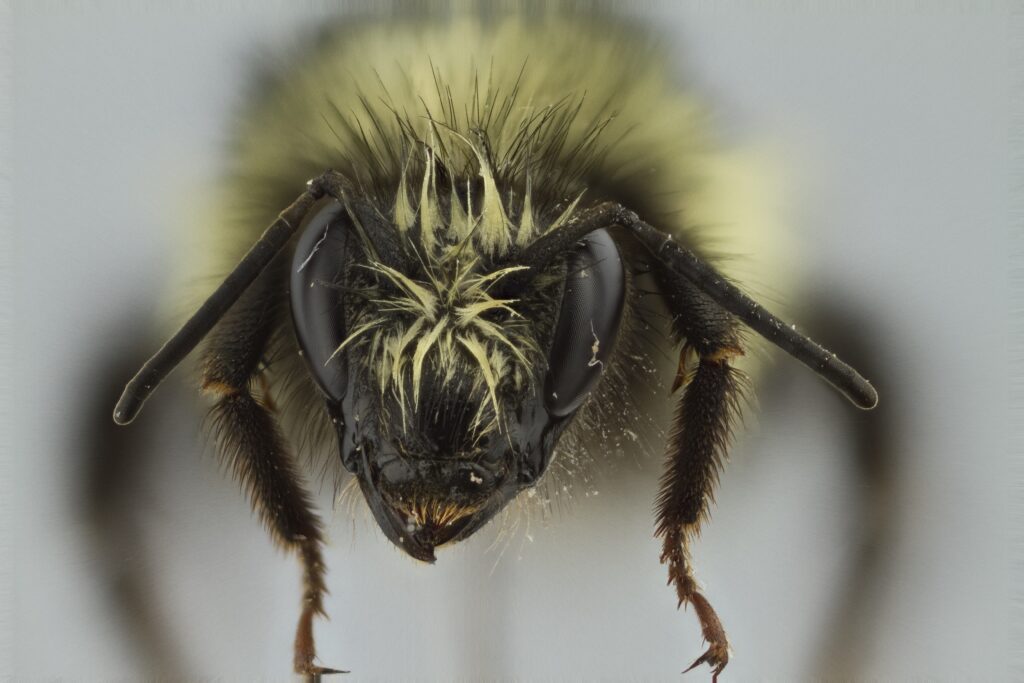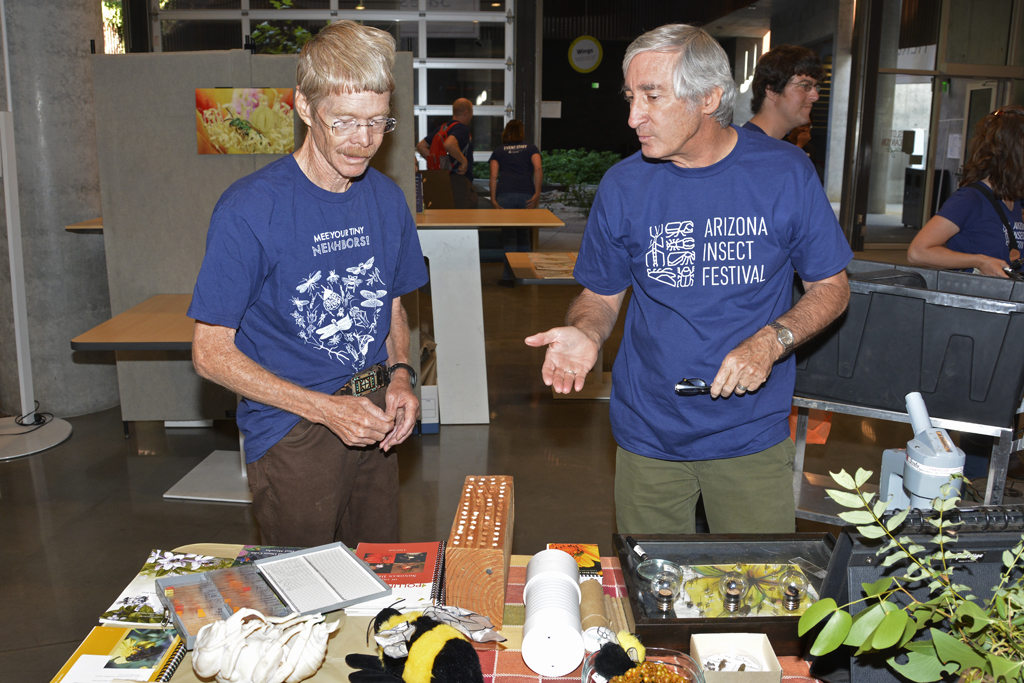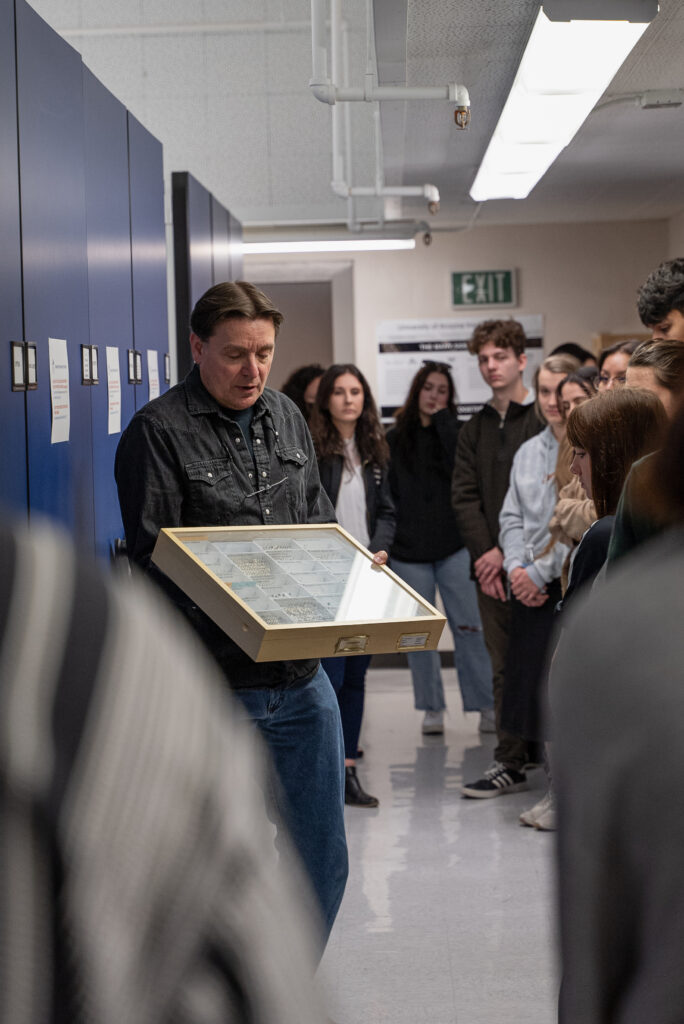The Tucson Bee Collaborative arose as a partnership between faculty and staff of the University of Arizona Entomology Department, the Pima Community College Department of Biology, and the Arizona Sonora Desert Museum’s Conservation Education and Science Department. Our unique location drives this partnership. With over 800 species of bees known so far, the Sonoran Desert and Southeast Arizona is estimated to be home to one of areas of high bee diversity in the world. The Sonoran Desert has been rated the most biodiverse desert on Earth. Combine this with the extraordinary biodiversity of the Sky Islands that rise above the desert, and Southeast Arizona is one of the most remarkable regions in the United States.
Our mission is to learn more about the native bees and to share that knowledge. These are the supporting programs–
- Documenting Biodiversity. We are enhancing the University of Arizona’s Insect Collection by growing it to include at least one specimen of every bee species known from our region. Every species will be documented with high-resolution images and will be DNA barcoded; this information will be available online for researchers, students, and the general public
- Empowering Young Scientists. We are engaging future scientists at Pima Community College and local high schools in the collection of bees and the generation of genetic identification tools through course-based research experiences for undergraduates and high school students.
- Promoting Awareness. We are inspiring wonder and appreciation of Sonoran Desert native bees by engaging with interested students, teachers, artists, and art programs. We are connecting with the community through presentations and exhibits at the Arizona Insect Festival, Arizona-Sonora Desert Museum, UA Insect Collection, and other venues.




